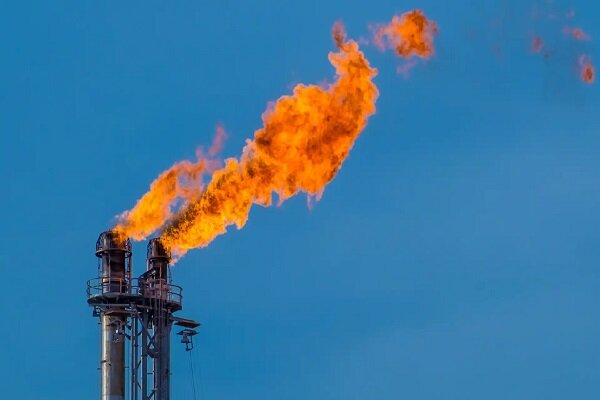
Similar Posts
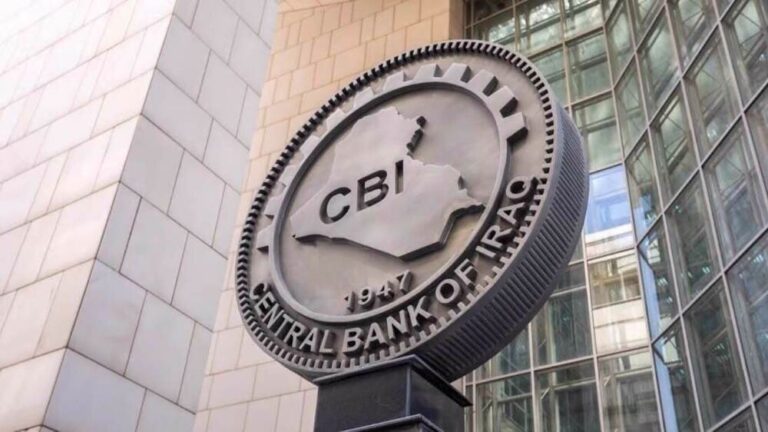
Iraq Expands US Dollar Transaction Ban: More Banks Targeted in Financial Crackdown
Iraq is collaborating with the United States to restrict local banks and financial firms from conducting US dollar transactions, aiming to limit Iran’s access to global banking. The Central Bank of Iraq plans to ban five banks and three financial companies from dollar-based services. This decision aligns with US President Trump’s “maximum pressure” policy on Iran, impacting Tehran’s significant revenue from exports to Iraq. Previous restrictions included eight banks, and challenges persist for Iraq in processing dollar transactions due to sanctions. The situation highlights the complex balance Iraq must maintain between its economic ties with Iran and US pressures.
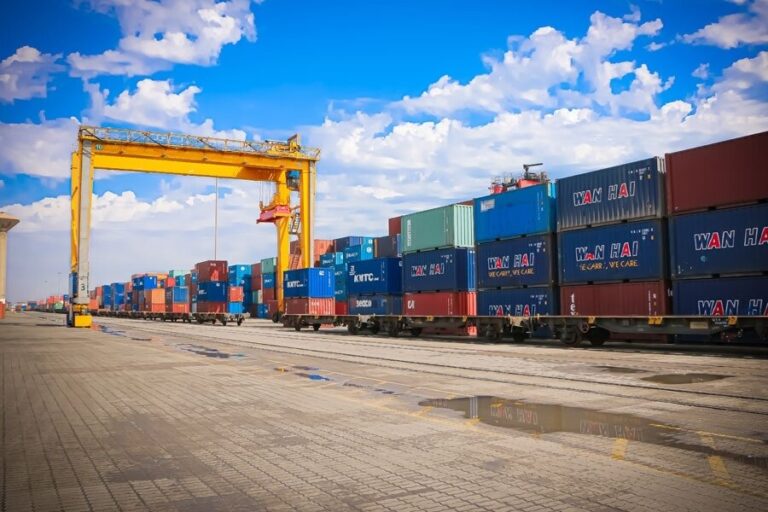
Iran Launches New Dry Port Rail Terminal, Exporting 5,000 Tons of Goods
Ali Akbar Shamani announced that the Tehran-Aprin dry port rail terminal has exported 5,000 tons of goods during its initial phase, marking progress in Iran’s transit capabilities. The inauguration of the terminal’s final phase emphasized the importance of efficient customs operations, supported by a dedicated customs code that enhances import-export management. The dry port’s strategic location and rail transport capabilities position it as a critical trade hub. Shamani expressed optimism for future enhancements, highlighting potential benefits including increased trade volume, job creation, improved regional connectivity, and reduced transit times, reinforcing Iran’s role in international logistics.
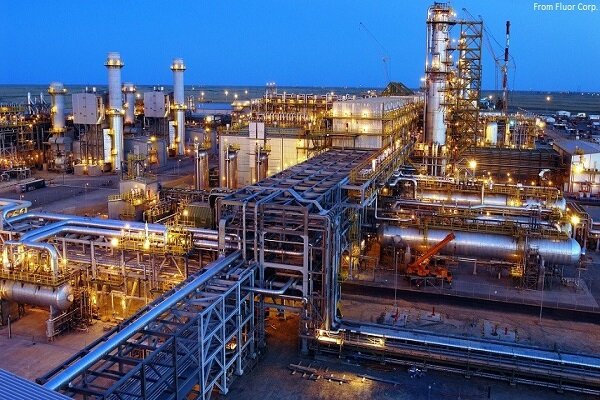
PG Star Refinery: A Key Milestone in the Legacy of the Islamic Revolution
Mohammad-Sadeq Azimifar, CEO of the National Iranian Oil Refining and Distribution Company, emphasized the urgent need for reforms in Iran’s energy sector governance. Despite significant advancements since the Islamic Revolution, such as gas field development and increased refining capacity, weaknesses in energy policy and management persist. Inefficient subsidies have led to increased domestic consumption, energy waste, and diminished export revenues. Azimifar called for strategic reforms to optimize the energy sector, enhance economic stability, and manage consumption effectively. Addressing these governance challenges is essential for maximizing Iran’s energy resources and improving its global energy market position.
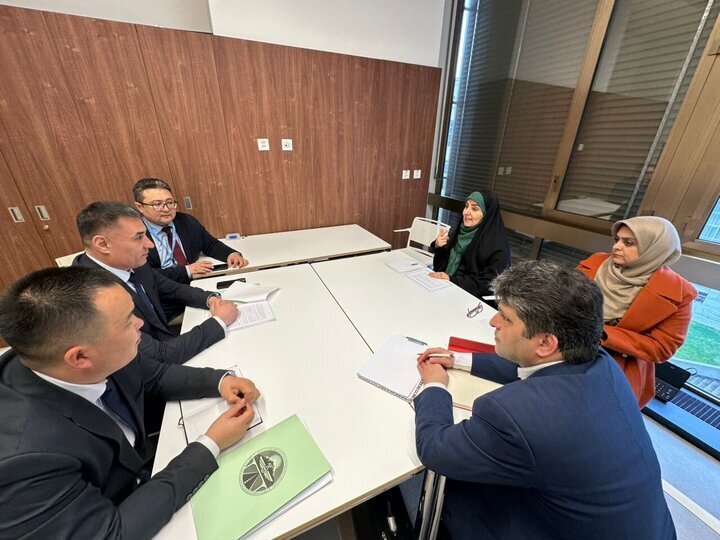
Iran and Kyrgyzstan Boost Transport Cooperation for Enhanced Connectivity
Iran’s Minister of Roads, Farzaneh Sadegh, met Kyrgyzstan’s Transportation Minister, Syrgabaev Absattar Toktogulovich, during the UNECE Inland Transport Committee meeting in Geneva. Their discussions centered on enhancing transportation cooperation, particularly in road and rail networks. Minister Syrgabaev invited Sadegh to the TRACECA Summit in Iran on February 26, emphasizing the need for increased collaboration. The meeting aims to bolster regional connectivity and trade, highlighting the significance of joint efforts in infrastructure development, economic growth, and environmental sustainability. This partnership reflects a broader trend of nations improving transport links for mutual benefits and stability.
